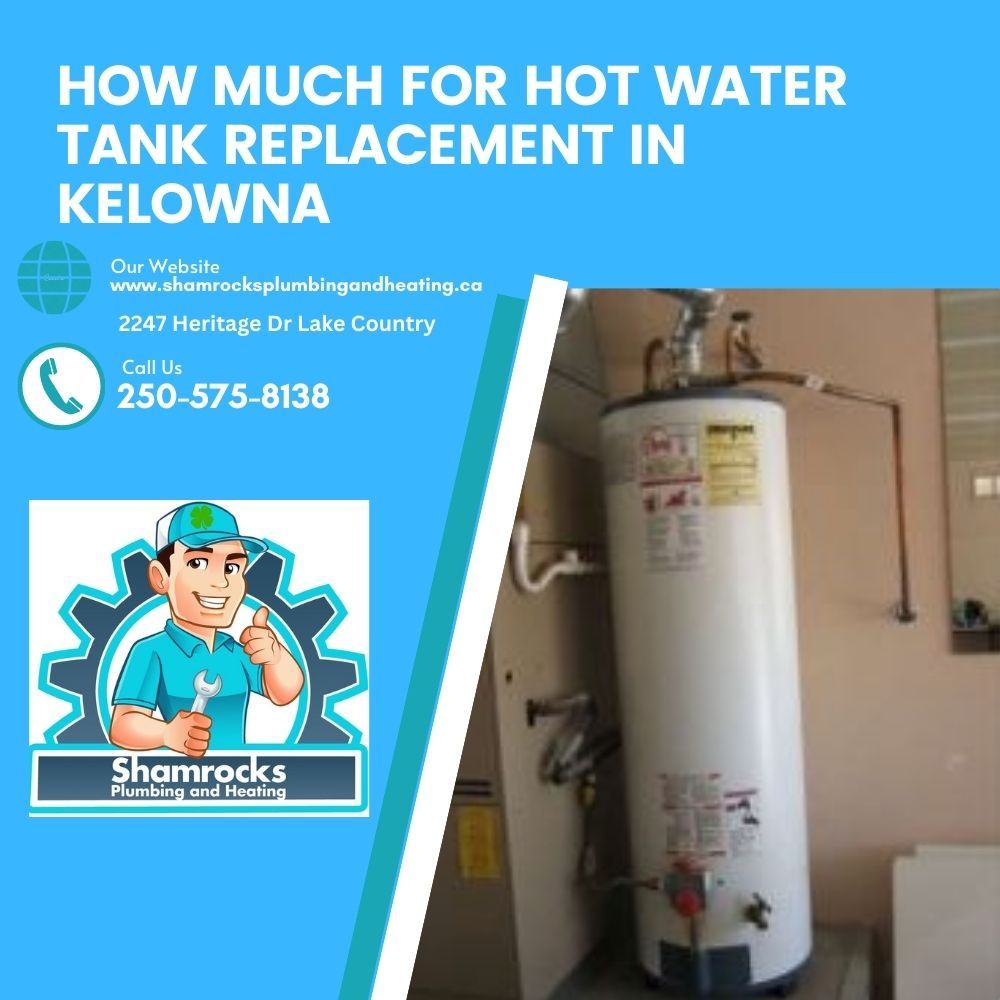Which is Better a Tankless Water Heater or a Tank
Is a Tankless Water Heater Right for Your Home?
If you’re tired of waiting for hot water to reach your faucet or constantly running out of it during busy mornings, you’re not alone. Many homeowners are making the switch from traditional storage tanks to tankless water heaters and with good reason. These modern systems promise endless hot water, better energy efficiency, and a sleeker design. But which is better, a tankless water heater or a tank, and is it worth the investment? To help you decide, let’s explore how tankless water heaters work, their advantages and drawbacks, and what to expect when you install a tankless water heater in your home.
How Does a Tankless Water Heater Work?
To understand the benefits, it helps to know how a tankless water heater works. Unlike a traditional tank water heater, which stores and constantly heats gallons of water in a storage tank, a tankless unit heats water on demand. When you turn on a hot water faucet, cold water flows into the system, where it passes through a heat exchanger. A gas burner or electric element instantly heats the water as it moves through the unit delivering a constant supply of hot water without needing to store water.
Because the water heater uses energy only when needed, it’s far more efficient than a system that keeps water hot 24/7. Tankless water heaters heat water as it flows, which means you don’t waste energy maintaining a standby supply.
The Pros and Cons of Tankless Water Heaters
There are plenty of reasons why homeowners love the idea of a tankless hot water heater. First, they provide instant hot water and never run out of hot water, even when multiple taps are in use. This is especially helpful for large families with high demand for hot water or homes with multiple bathrooms. Tankless water heaters provide hot water exactly when you need it, no waiting, no fuss.
They also take up less space than storage tank water heaters. A tankless gas or electric tankless water heater is mounted to the wall and doesn’t require floor space, making it ideal for smaller utility rooms or modern minimalist designs. On top of that, they tend to last longer. While traditional water heaters typically last 8–12 years, a well-maintained tankless heater can last 20 years or more with regular water heater maintenance..

But like any home upgrade, there are also some cons of tankless water heaters. The biggest one is cost. A new tankless water heater can be more expensive upfront than a traditional water heater, especially when you include water heater installation and possible upgrades to your home’s gas line or electrical system. You’ll also need to size the tankless water heater correctly to match your household’s hot water demands. An undersized unit might struggle to keep up, especially if you're using several appliances at once.
Another consideration is water quality. If your home has hard water, minerals can build up in the unit over time. Regular water heater maintenance, like descaling, is essential to prevent damage and maintain efficiency.
Choosing the Right Type of Tankless Water Heater
There are several types of tankless models to choose from, including gas tankless water heaters and electric tankless water heaters. A gas water heater, especially one using natural gas or propane, tends to offer faster heating and is better suited for homes with high hot water needs. However, it may require venting and a larger initial setup. An electric tankless water heater is easier to install and works well in smaller homes or areas where natural gas isn’t available.
You’ll also need to consider whether to go with a condensing or non-condensing tankless water heater. Condensing models are more efficient but may cost more initially. Your plumber can help you evaluate your water usage, incoming water temperature, and layout to choose the best option.
Making the Switch to a Tankless System
Switching to a tankless water system is a big step, but it can be one of the smartest upgrades you make. Not only do tankless water heaters deliver on-demand hot water, but they also help reduce energy bills, free up space, and offer more control over water temperature and performance. To get the best results, always work with a qualified professional for your water heater installation. They’ll ensure that the unit is properly sized, installed, and ready to handle your household’s water demands.
Whether you’re looking for a new water heater or exploring ways to improve energy efficiency, a tankless hot water heater could be the solution that transforms your home comfort. With the ability to heat water on demand, lower long-term costs, and deliver enough hot water no matter your needs, this upgrade checks a lot of boxes for modern homeowners.
So, if you're tired of waiting for warm water or worried about your storage tank failing, it might be time to install a tankless water heater and experience the difference for yourself.
If you would like a free estimate, call us during office hours. Someone will be happy to field your questions and give you a quote at no charge.
Shamrocks Plumbing and Heating
2247 Heritage Dr
Lake Country, BC V4V 2L3
(250) 575-8138
shamrocksplumbingandheating.ca




